In a recent pre-budget briefing held at the Bangladesh National Parliament, UNICEF and representatives from the Bangladesh Generation Parliament initiative emphasized the importance of increased and effective budget allocation for child welfare sectors. The briefing, titled "Safeguarding Children's Interest in the National Budget: Pre-Budget Briefing," was a collaborative effort involving UNICEF, the Parliamentary Caucus on Child Rights, and the Standing Committees on the Ministry of Finance and Ministry of Health.
UNICEF's analysis of the 2023-2024 national budget, presented to the parliamentarians, highlighted concerning trends in budget allocation and utilisation in key sectors such as education, health, and social protection. The analysis revealed critical investment needs and provided recommendations for the upcoming budget.
Children from all eight divisions of Bangladesh attended the event, voicing their concerns and aspirations. Eleven-year-old child journalist Owaiz Abtee from Kurigram expressed the value of children's participation in budget discussions, stating it would help them express their needs and challenges in areas like education and health.
Noor-E-Alam Chowdhury, Chief Whip in the Bangladesh National Parliament, underscored the importance of engaging children in pre-budget analysis as a means to foster active citizenship and ensure their voices shape the nation's future. He commended UNICEF's commitment to inclusive and participatory governance.
The briefing also addressed the underutilisation of funds in critical sectors and the lack of allocation in other essential areas. Despite a 12.3% increase in the total budget size compared to the previous year, the proportional decline in allocations for health, education, and social protection poses a significant risk to children's wellbeing and the achievement of the country's development goals.
Stanley Gwavuya, OIC Representative to UNICEF in Bangladesh, stressed the importance of strategic investments in children, highlighting that investing in children is not only a moral obligation but also a smart economic strategy with high returns. He emphasized the need for full utilisation of the allocated budget for children to sustain Bangladesh's developmental strides.
Shamsul Hoque Tuku, MP, Deputy Speaker of the National Parliament, reiterated the collective responsibility to enhance budget utilisation mechanisms to reflect the commitment to children's wellbeing and rights.
In the health sector, the upcoming national budget needs to ensure 2% of GDP investment, focusing on universal health services, increasing the health workforce, and improving primary healthcare facilities and immunisation financing. In education, the budget should aim for 3% of GDP investment, focusing on curriculum reform, strengthening student assessment systems, training teachers, and making schools heatproof.
UNICEF also conducted a U-report poll involving over 28,000 young voices, with 84% of participants emphasizing the need for increased government spending on health, education, and social protection directly impacting children. This initiative showcases UNICEF's commitment to incorporating children's voices in policy dialogues affecting their lives.



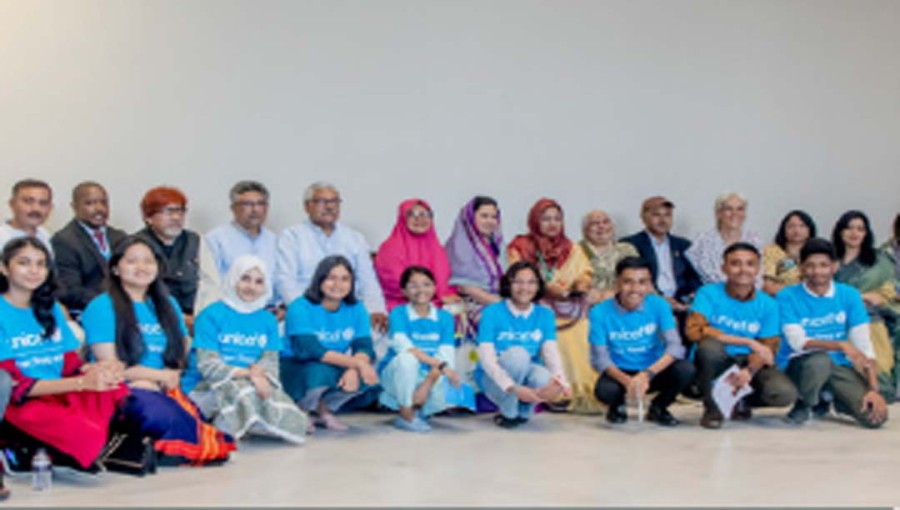
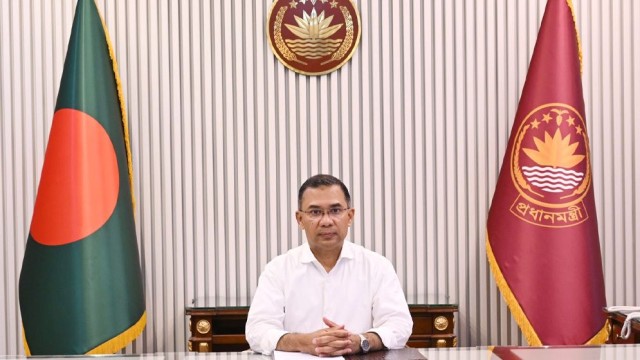
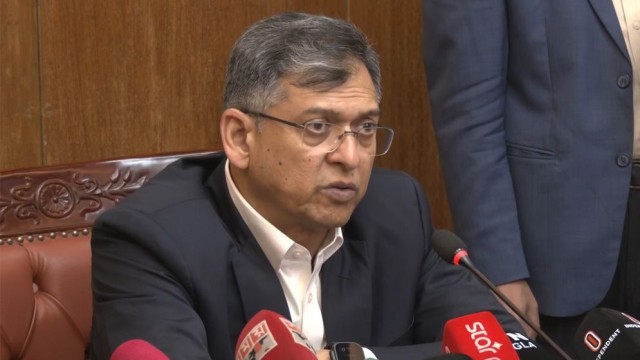
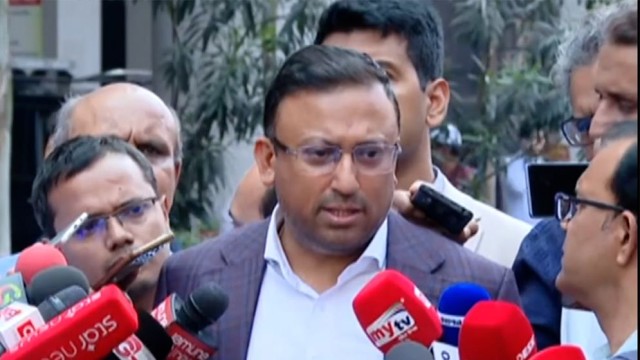
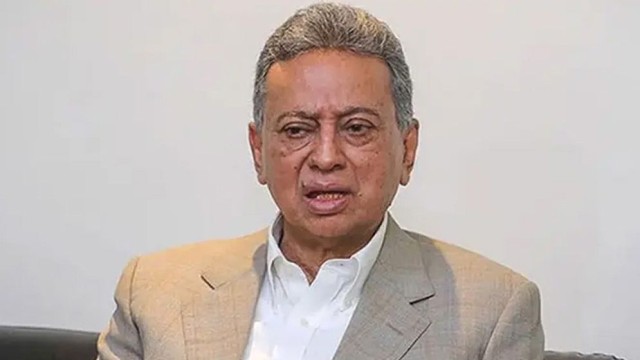
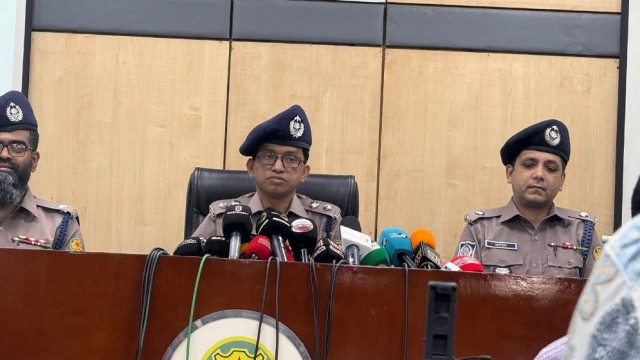
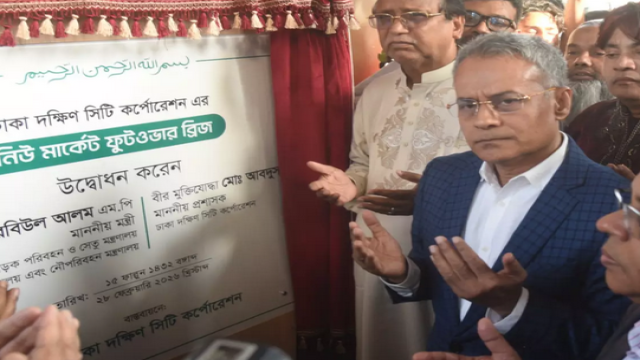
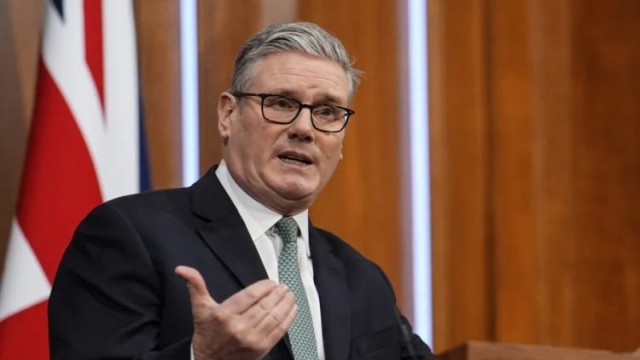

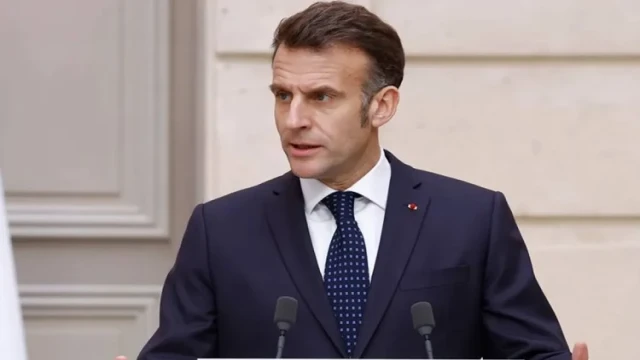




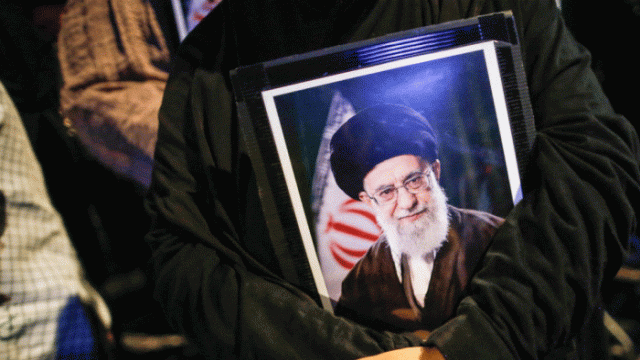












Comment: